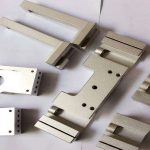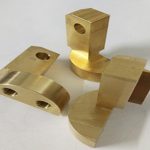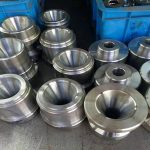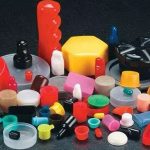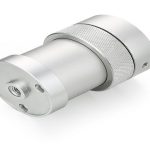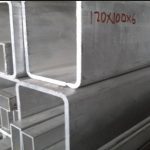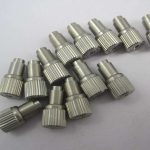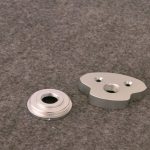Machining Materials For Marine Propellers
| The materials of propellers are usually copper alloy, cast iron and cast steel. However, with the development of science and technology, many new materials, such as glass fiber reinforced plastic and nylon, have also become one of the manufacturing materials of propellers. Propeller materials require sufficient mechanical properties. It also needs to be compatible with the chemical properties of many metals. |
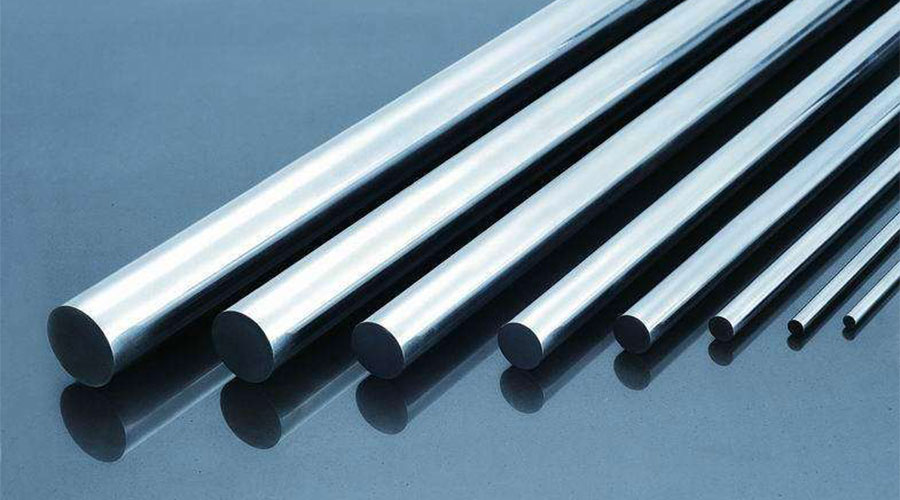
Manganese bronze, as a commonly used propeller material, has the characteristics of large elongation, good impact resistance and corrosion resistance. This material is often used in the manufacture of marine propellers. However, this material has poor resistance to cavitation erosion.
Aluminum bronze is a multi-metal alloy with copper and aluminum alloy as the main body. It adds manganese, iron, nickel and other elements on the basis of copper and aluminum. In addition to the advantages of manganese bronze, it also has relatively low weight and fatigue. Therefore, many large high-speed ship propellers use it as the main material. Its disadvantages are high technical requirements for smelting and pouring, meanwhile, problems such as cold brittleness of large castings are difficult to handle, and it is expensive.
Cast iron propellers are low cost and easy to cast, so they are widely used in small ships, but because of low mechanical strength, brittle and easy to break, and easy to be corroded by seawater, they have a short service life. At the same time, its own cut-thickness ambassador propeller has reduced operating efficiency, so it can only be used on small low-speed ships.
The mechanical properties and impact resistance of cast steel propellers are very strong, but the machining castings process uniformly deforms, which makes the propellers have deviations from the designed dimensions after processing is completed. At the same time, cast steel is more susceptible to seawater erosion than other metals. The service life is short, so the application range is very small. Only in the requirement of improving the cavitation erosion performance, nickel alloy, titanium alloy, etc. will be used to make the propeller.
Link to this article: Machining Materials For Marine Propellers
Reprint Statement: If there are no special instructions, all articles on this site are original. Please indicate the source for reprinting:https://www.cncmachiningptj.com/,thanks!
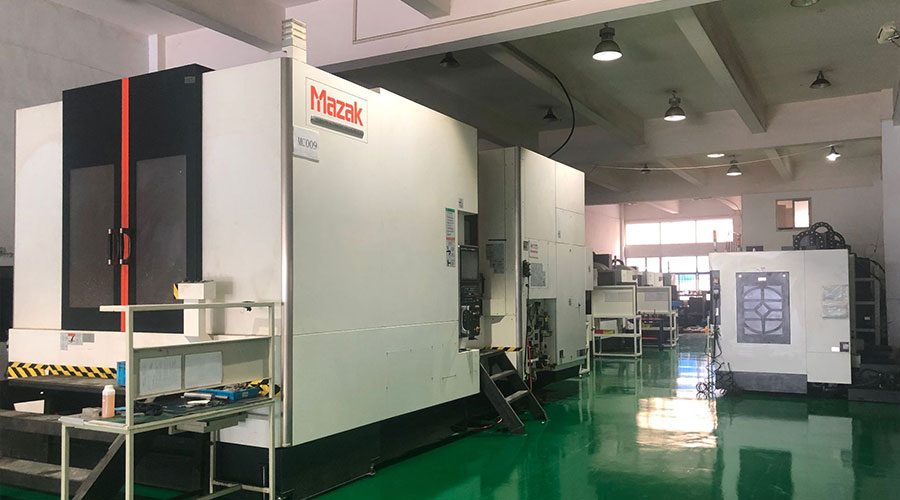 PTJ® provides a full range of Custom Precision cnc machining china services.ISO 9001:2015 &AS-9100 certified. 3, 4 and 5-axis rapid precision CNC machining services including milling, turning to customer specifications,Capable of metal & plastic machined parts with +/-0.005 mm tolerance.Secondary services include CNC and conventional grinding, drilling,die casting,sheet metal and stamping.Providing prototypes, full production runs, technical support and full inspection.Serves the automotive, aerospace, mold&fixture,led lighting,medical,bicycle, and consumer electronics industries. On-time delivery.Tell us a little about your project’s budget and expected delivery time. We will strategize with you to provide the most cost-effective services to help you reach your target,Welcome to Contact us ( [email protected] ) directly for your new project.
PTJ® provides a full range of Custom Precision cnc machining china services.ISO 9001:2015 &AS-9100 certified. 3, 4 and 5-axis rapid precision CNC machining services including milling, turning to customer specifications,Capable of metal & plastic machined parts with +/-0.005 mm tolerance.Secondary services include CNC and conventional grinding, drilling,die casting,sheet metal and stamping.Providing prototypes, full production runs, technical support and full inspection.Serves the automotive, aerospace, mold&fixture,led lighting,medical,bicycle, and consumer electronics industries. On-time delivery.Tell us a little about your project’s budget and expected delivery time. We will strategize with you to provide the most cost-effective services to help you reach your target,Welcome to Contact us ( [email protected] ) directly for your new project.
Link to this article:Machining Materials For Marine Propellers
Reprint Statement: If there are no special instructions, all articles on this site are original. Please indicate the source for reprinting:Tungusten,Thanks!^^

